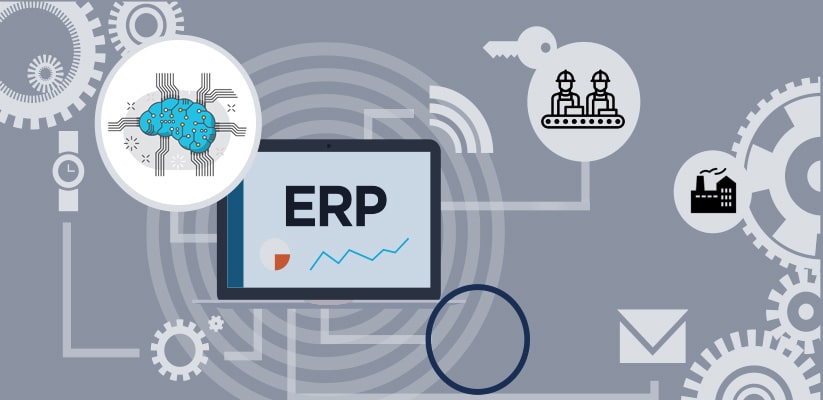We just saw the top reasons that CRM Implementations fail. Here are the top 4 reasons that ERP Implementation failure is still high. ERP Implementation is process that must be executed properly with the top management of company being involved in every process right from purchasing the ERP along involving the head of IT Department and HOD of functional area of the company in demo and business plan. The people involved in the initial stages may have a different goal for the ERP Software than the people who are actually using it.
Sometimes, involving a lot of people may also hinder in the common goal, ideas, and thought process. Difference of opinion and communication gaps can be extremely detrimental to the ERP implementation in the company. All parties involved should realize that compromises have to be made.
Major causes of ERP Implementation failure:
- Wrong Modules selection. : Most ERP providers sell ERP in Module basis. Business Functionality of various department are separated on Modular basis. The ERP buyer should ask the vendor beforehand about the module that they need to procure. This will help them realize the core functions that are available in the ERP system. Due to lack of understanding of the functionality of modules, sometime wrong modules are selected by the company. E.g. for sole trading business where no approval level is required, Approval matrix or workflow implementation will cause pain.
- Wrong Requirement Gathering: Requirement gathering process are the foundation of implementation of any ERP system. In some cases the existing business process are not well communicated or explained by company to the ERP consultant and in most of the cases, the company themselves are not clear what sort of a solution do they want to implement. In such cases, changes will be done at each and every step and there will be a change in the scope and goals very often causing the delay in implementation. To get rid of such problems, it is required that the company study its internal environment clearly and study what kind of a software it requires and how much customization would they require. Not all enterprise resource planning systems are fit for a particular industry and a company. Some level of customization is required which will tend to increase the cost of the whole project. Internal evaluation is hence, required to reduce the customization as much as possible and still have a robust system.
- Wrong Training Method: All end users of the Sage ERP software should be well trained. What the company usually overlooks is the kind of training that is being provided to the staff and the whole process. Keen eye over the training methodology is suggested. The company should make sure that when they purchase the ERP software, the training methodology and duration is also decided with it. By the end of the training, the staff should have a sound knowledge of Masters, data entries and report functionally of the ERP system. They should also know their business process before working on ERP. The training should be provided vendor as per company’s business process and not on generic basis. Employee should be made aware of all the implications of their action in the ERP System.
- Negative employee attitude: Employee attitude is also one of the major part in the whole ERP Implementation activity. Negative attitude of the employees can cause failure in the whole ERP implementation process. Employees may have a negative attitude towards the automation process of ERP system as they may feel there is a possibility of them losing their job.
Top management must be strongly support to ERP project with a positive attitude throughout the whole process assuring the employees that ERP software is being implemented to make processes stronger and effective.
To know more about how can you have a smooth ERP Implementation in your premise, You can also write to Sage Software Solutions Pvt Ltd at sales@sagesoftware.co.in





